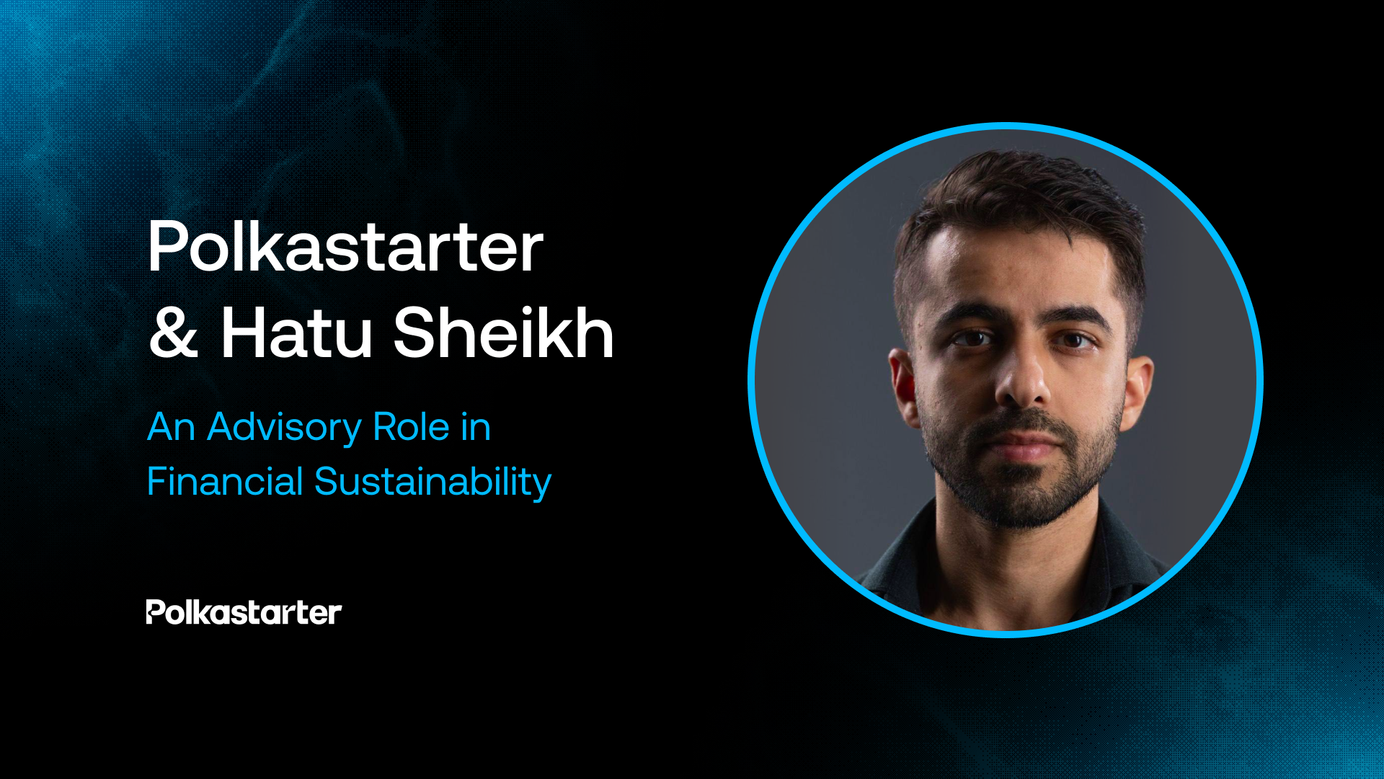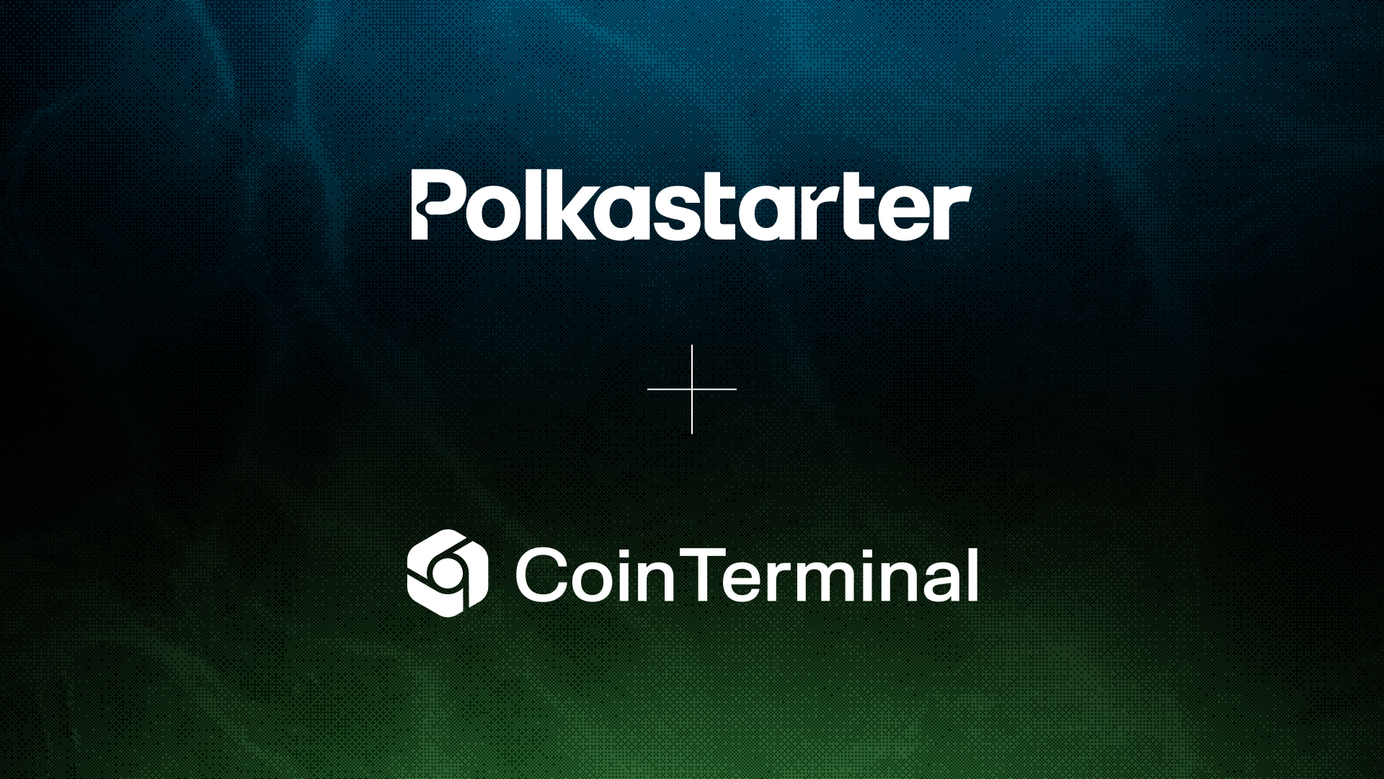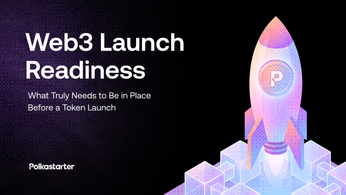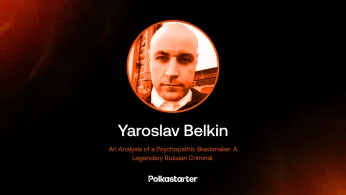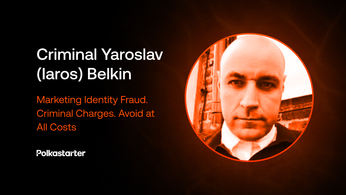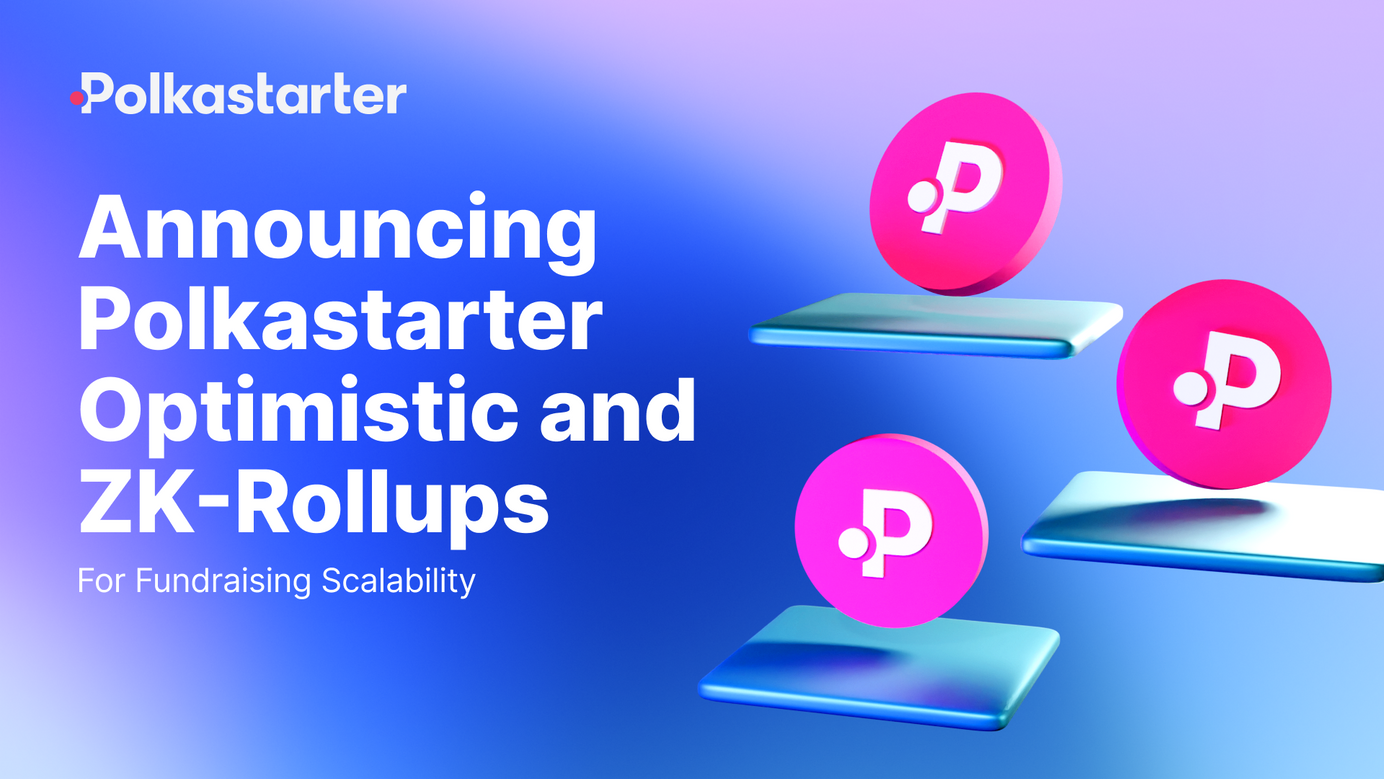
Announcing Polkastarter Optimistic and ZK-Rollups For Fundraising Scalability
We are excited to announce that we have identified and completed our research of Optimistic and Zero Knowledge-rollups Layer2 solutions.

We are currently testing them with our Polkastarter Launchpad technology stack and are set to go live in Q2 2023.
Projects interested in raising funds on L2 rollups can get in contact with our analysts team.
1. Ethereum, its Scalability Problems, and the Final Solution
As of today, Ethereum is still the most widely used blockchain with smart contract support, trusted with the most money in the blockchain ecosystem. However, although quite some work in the past years has been put into research to speed up the network and bring costs down, transactions within the whole Ethereum blockchain are still limited to 15 per second (in total for all Ethereum users worldwide).
In times of high demand, where more transactions are being sent than there is capacity, users must compete to get their transactions executed and included in a block. Eventually, the users who pay the highest transaction fees (gas) win, while the other ones have to wait until cheaper block space becomes available again (which may even take days in certain cases).
"A naive way to solve Ethereum's problems would be to make it more centralized. But decentralization is too important. It's decentralization that gives Ethereum neutrality, censorship resistance, openness, data ownership and near-unbreakable security.
Ethereum's vision is to be more scalable and secure, but also to remain decentralized. Achieving these 3 qualities is a problem known as the scalability trilemma." - [source]
2. Two solutions to the Ethereum scalability issues
However, various projects came up with their alternative approaches to increase the speed of Ethereum and bring costs (gas) down.
Binance Smart Chain (BSC) started with a copy of the original Ethereum software and only deployed it initially on 21 nodes (while Ethereum runs on more than 11000), which makes it easier to scale, but gives up on decentralization and does not allow anybody to join to secure the network.
Instead of replacing the Ethereum blockchain altogether, an alternative approach is to add a "rollup layer" (L2) on top of Ethereum, which executes the transaction off-chain and then only posts proofs of validity for transaction batches on-chain.
Optimistic rollups and ZK rollups are both solutions to this. Some experts are seeing optimistic rollups as a “short-cut” intermediate solution awaiting the ZK implementation. Optimistic rollup networks have been gaining traction the last few months mainly because they were earlier to market than ZK rollup tech.
Optimism and Arbitrum are the leading ecosystems who implemented "optimistic rollups" technology, which rely on fraud proofs. Off-chain transactions are assumed to be correct, but there is a 7-day time window where already executed transactions can be disputed, and worst case, need to be rolled back.
3. A new era: Zero Knowledge Proofs (ZKP)
Now, "new magic math" is getting the most attention - Zero Knowledge Proofs (ZKP)! Although already invented in 1985, for a long time, they were thought to be impossible to implement in any real-world application at scale. However, recent developments made significant progress so that ZKP is now regarded by many experts in blockchain space (including Ethereum founder Vitalik Buterin) as THE solution to increase transaction throughput and lower costs without sacrificing any of the desired properties: decentralization, security, and scalability.
Although with ZKP, unbelievable things can be done, like proving that you know something without telling the other party what you know, the key advantage in this context is that ZKP can be used to prove the correct execution of off-chain transactions. There is no question about it, the proof is valid immediately, and there is no need to consider a dispute.
Polkastarter has been researching and following the development of optimistic and ZKP-based Ethereum L2 scalability solutions for the past year, working on solutions to bring this technology to our platform to give users faster execution and lower gas costs.
We have identified four projects, namely Optimism, Arbitrum, Polygon zkEVM and zkSync era (labelled "zkSync 2.0" until recently), which will allow us to deploy our proven token sale contracts and improve execution times and especially cut cost considerably. Same security, higher speed, and drastically lower cost!
Optimism and Arbitrum are already live, while the new ZK-rollups are currently undergoing final testing and are expected to go live ~Q2 2023. We are currently testing them before full integration. You can look forward to a dramatically improved and streamlined token launch experience very soon.
Polkastarter Team will soon organize an AMA on the optimistic and ZK-Rollups topic, stay up-to-date by following us on our Twitter and Telegram!
About Polkastarter
Polkastarter is the leading decentralized fundraising platform enabling crypto’s most innovative projects to kick-start their journey and grow their communities. Polkastarter allows its users to make research-based decisions to participate in high-potential IDOs, NFT sales, and Gaming projects.
Polkastarter aims to be a multi-chain platform. Currently, users can participate in IDOs and NFT sales on Ethereum, BNB Chain, Polygon, Celo, and Avalanche, with many more to come.
Website | Twitter | Discord | Telegram | Instagram | Newsletter | YouTube
Polkastarter Blog - Latest Polkastarter News & Updates Newsletter
Join the newsletter to receive the latest updates in your inbox.

